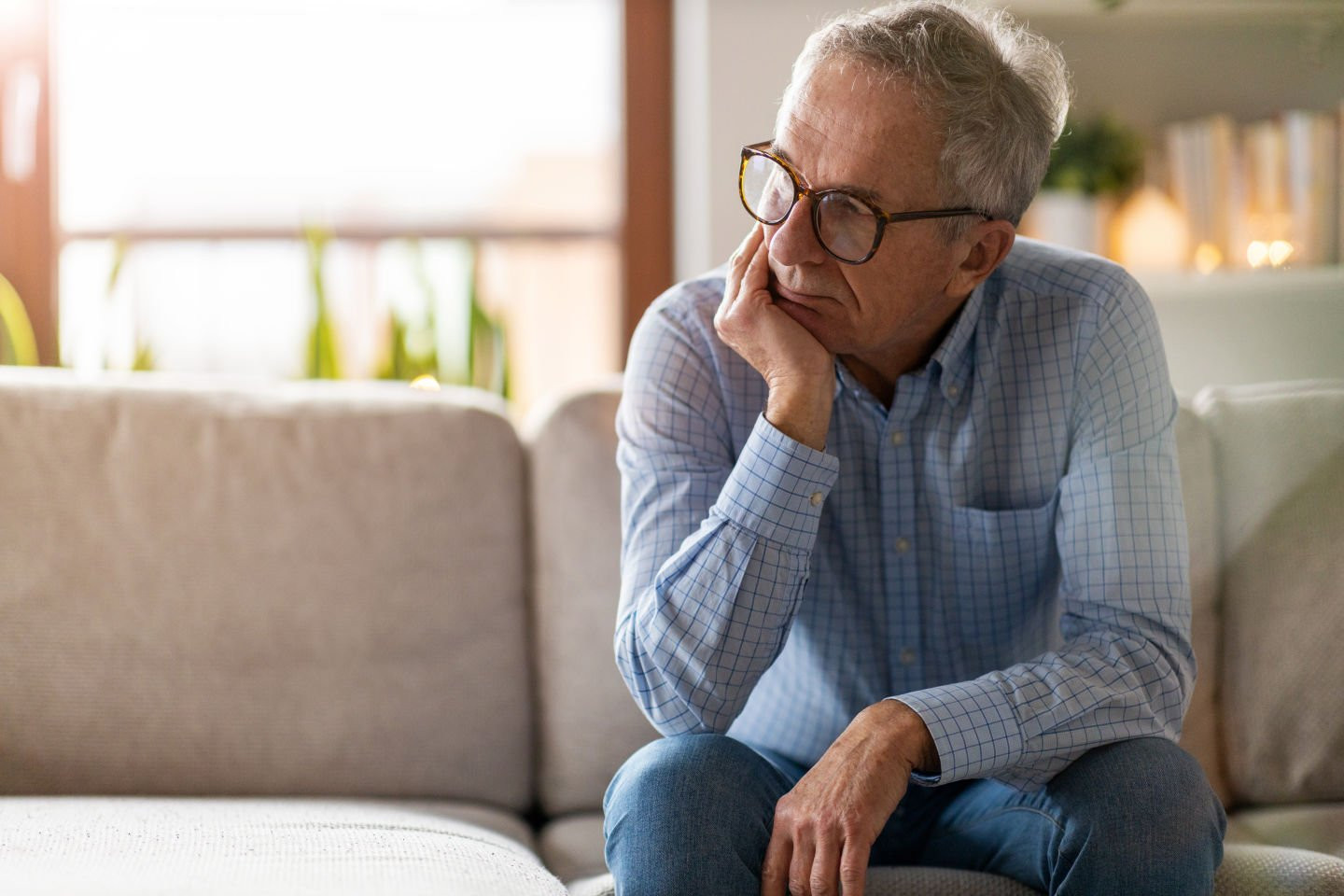News
27 March, 2025
Lasting disconnection
FIVE years since the World Health Organisation declared a pandemic on March 11, new research released by National Seniors Australia (NSA) shows the long-term impacts of Covid on seniors’ social connectedness.

NSA Head of Research Dr. Diane Hosking said while life has returned to normal for many people, with social distancing, restrictions, and face masks no longer a part of everyday life, for some seniors, life has changed forever when it comes to social connections, as revealed by the latest National Seniors Social Survey.
“COVID changed and challenged how all Australians lived and conducted their daily lives, especially older Australians who were more at risk and urged to take extra precautions, with many still cautious to socialise for some time after restrictions lifted,” Dr. Hosking said.
In terms of the disruption COVID posed to social connections, around half the 5000 people surveyed said their relationships had bounced back (48 percent), and another quarter said there was no disruption in the first place (23 percent). Many reported maintaining relationships via phone, videoconferencing, or similar methods. Sadly, another 7 percent said they had very few or no connections prior to COVID.
Of the remaining respondents, most (14 percent) said they had regained their connections, but COVID had permanently changed how they connect now.
“Some saw loved ones less often, having gotten out of the habit. Others remained cautious about socialising, given the risk posed by the virus even today,” she said. “Around a tenth (9 percent) said they had been unable to regain their social connections, but a third of those had made new ones instead.”
The research reveals connections had been lost by groups shutting down because of the pandemic, loved ones disagreeing about COVID measures, or people dying from the illness, among other reasons.
“Long periods of personal distancing and lockdowns have changed the way people interact with one another,” she said. “While most people have regained their connections, others have changed how they connect with others permanently.
“Later life can bring new challenges to staying connected. Older people may stop working, ending a regular element of our social lives. Our friends and partners are more likely to pass away at older ages, leaving us grieving, lonely, and sometimes completely alone. If our own bodies become less capable, or if we find ourselves caring full time for a dependent person, we can lose the capacity to meet with those we love. The list goes on.
“If there is anything we have learned from the pandemic, it is the importance of staying connected to others for mental and physical wellbeing. Staying connected evokes feelings of belonging, being loved, cared for, and valued. These are intrinsic needs for everyone, especially older Australians who can be at increased risk of loneliness.”
The research also explored older Australians' barriers to getting out, their level of loneliness, and contentment with how they spend their time.
To learn more about the research, visit NSA’s 2025 report on ‘Social connectedness and isolation among older Australians.’

